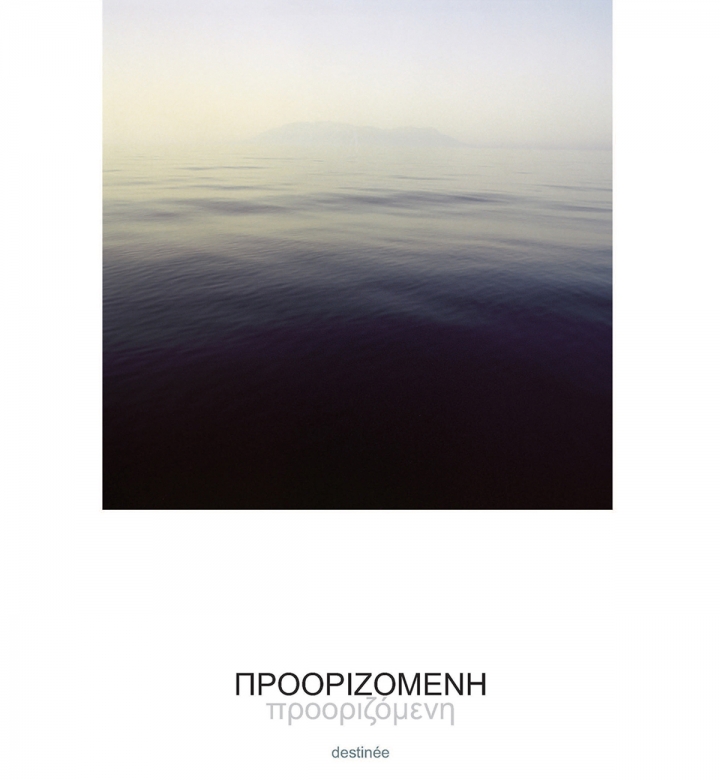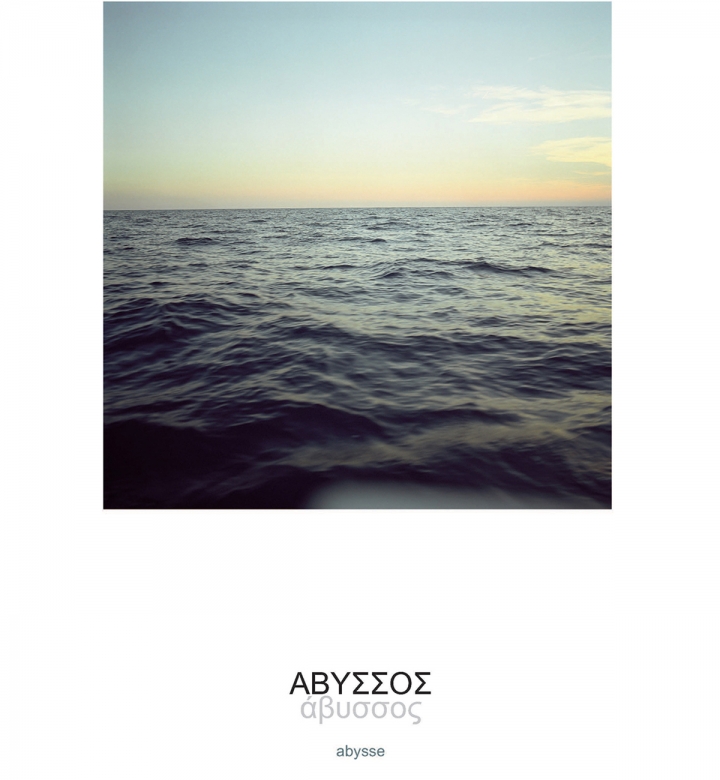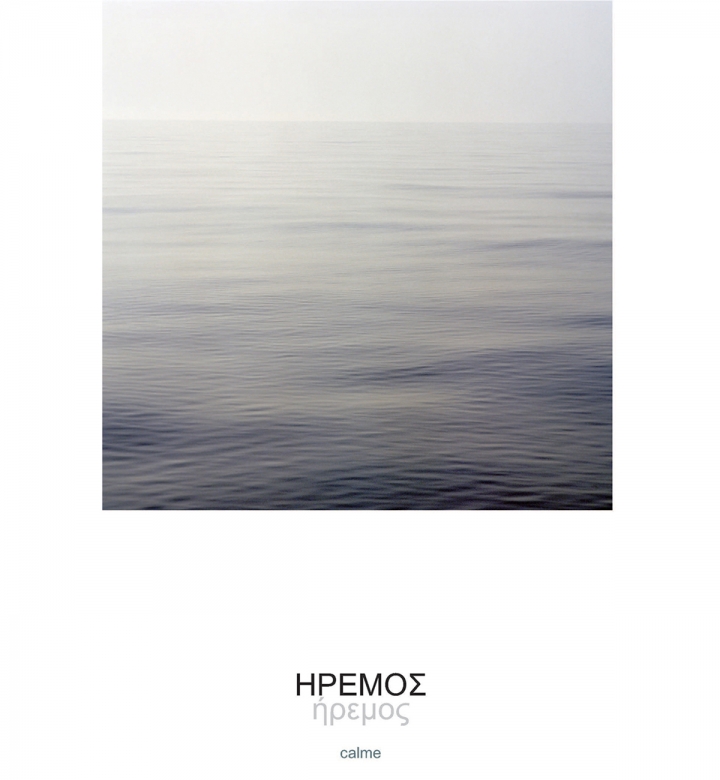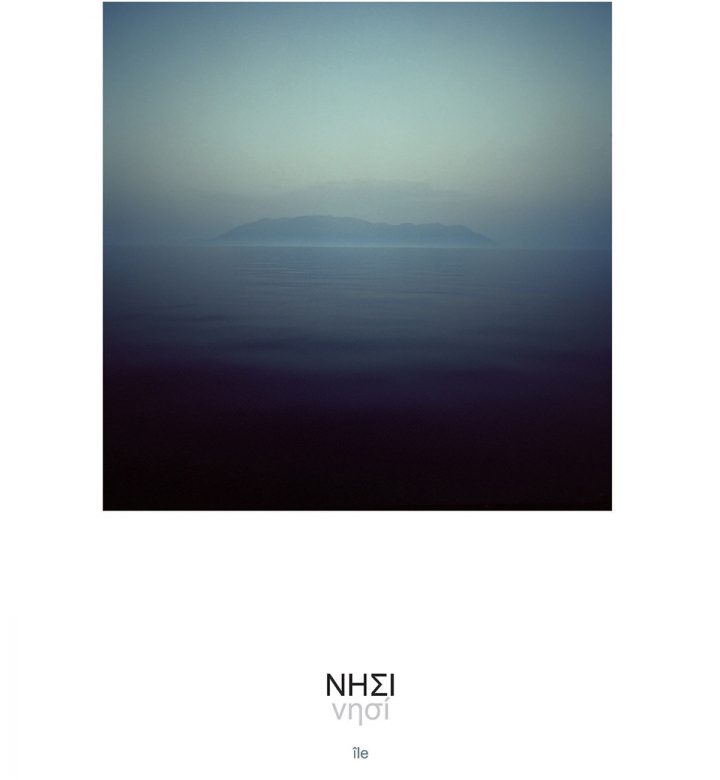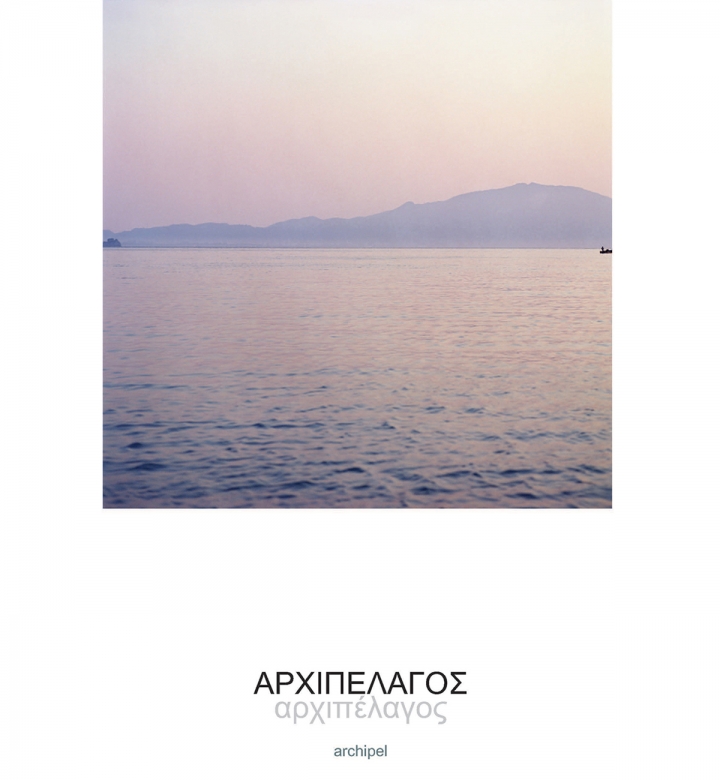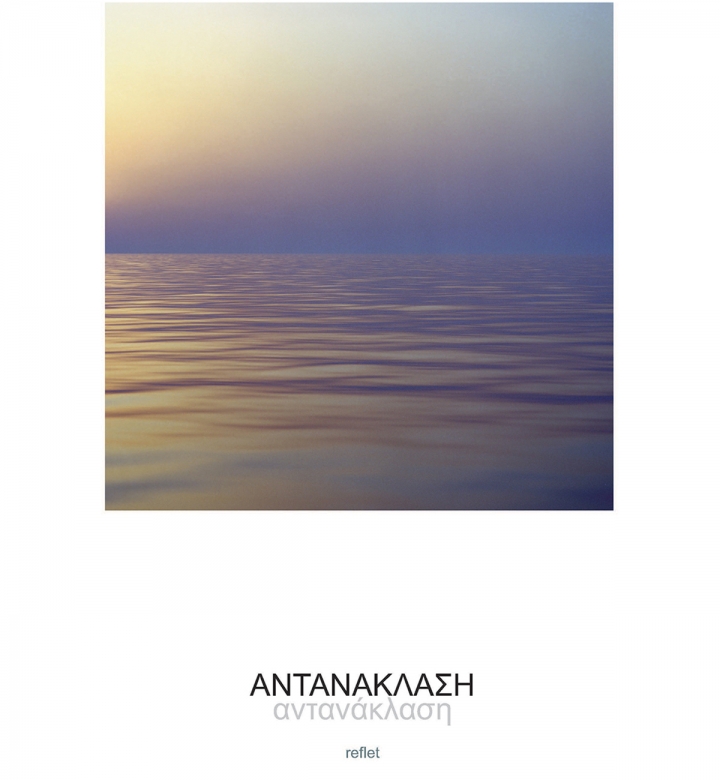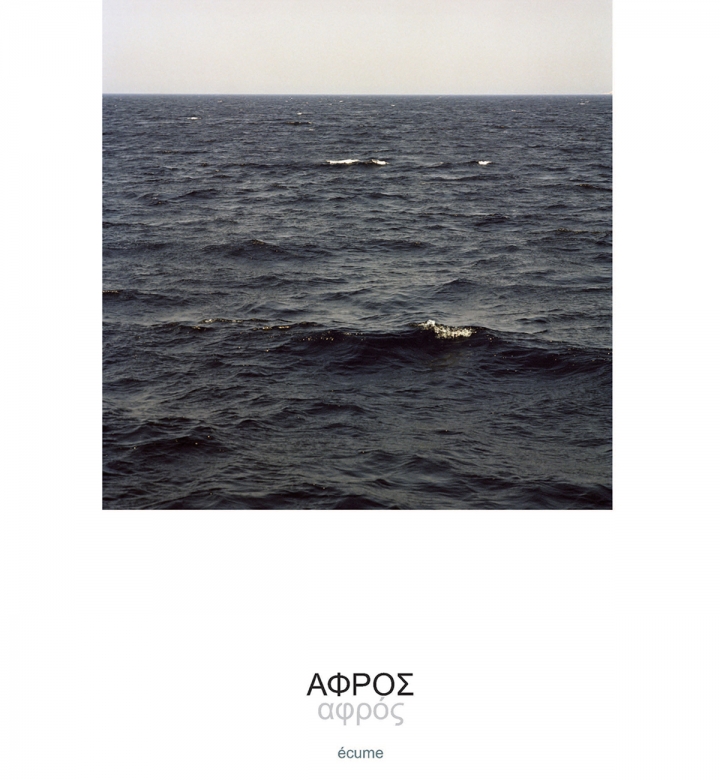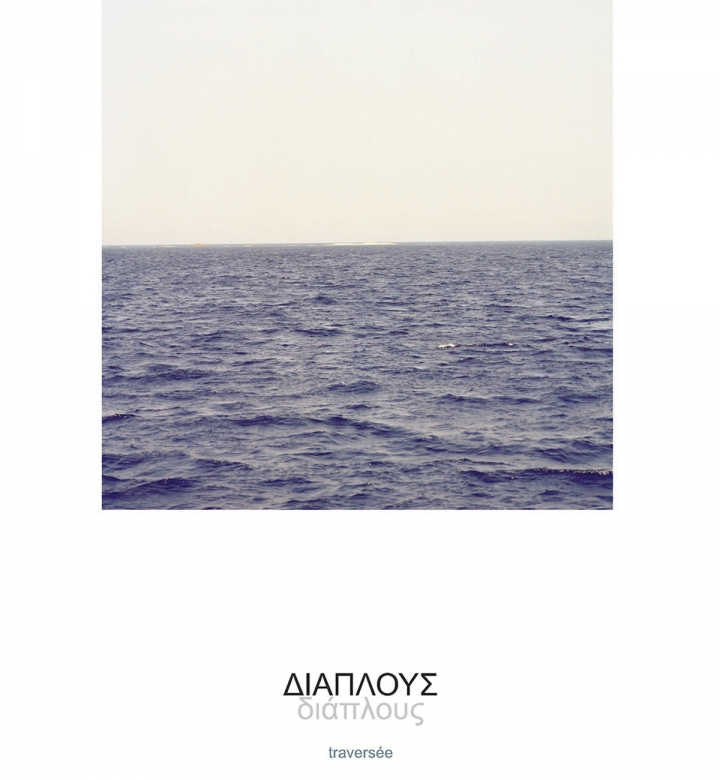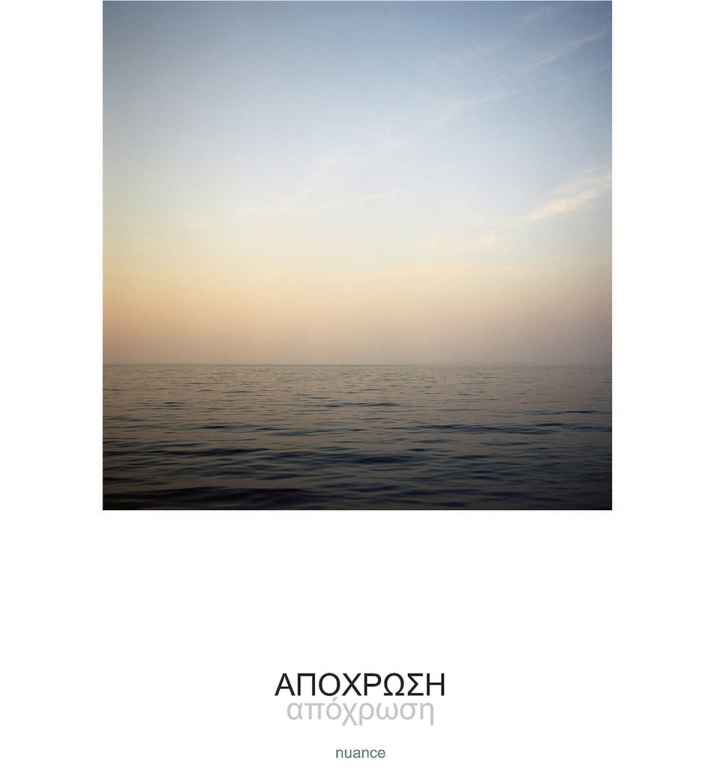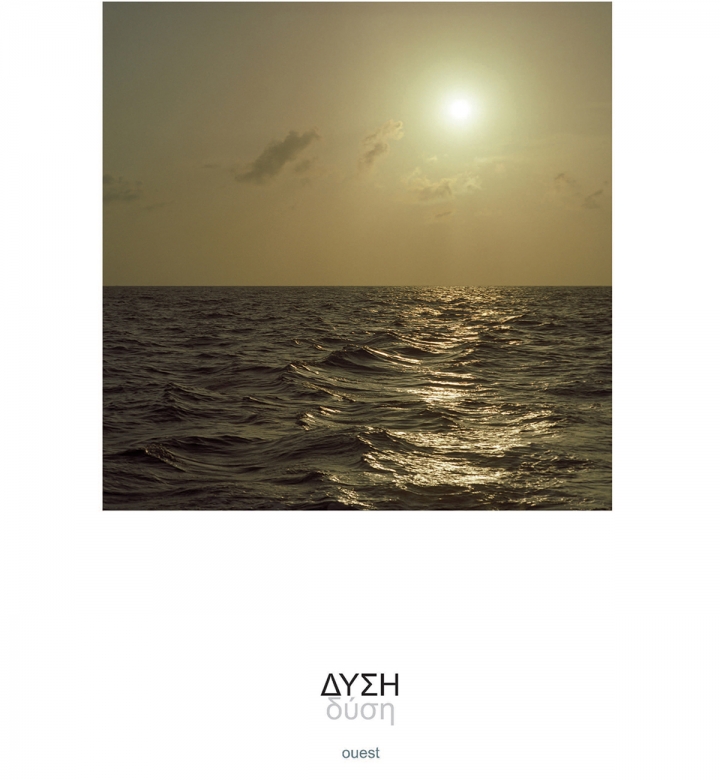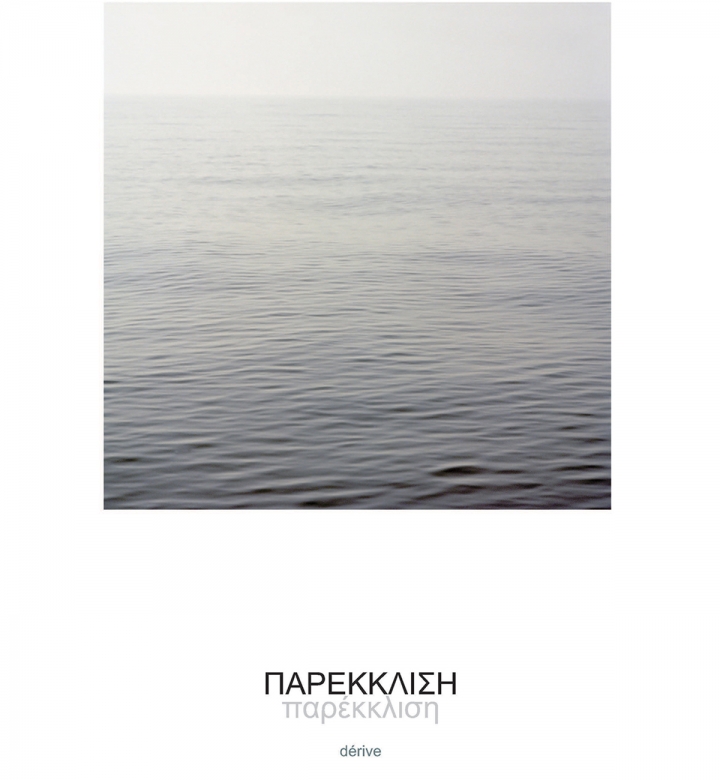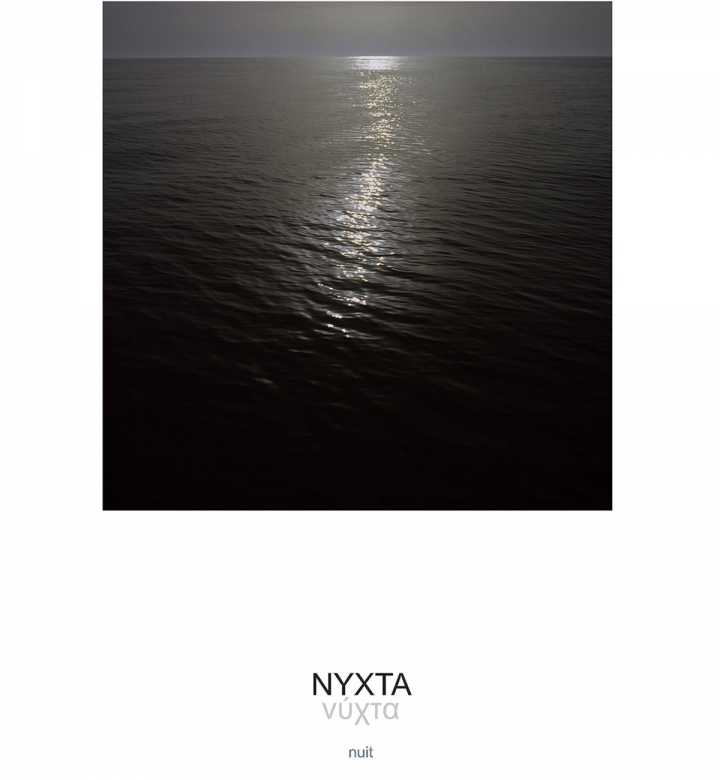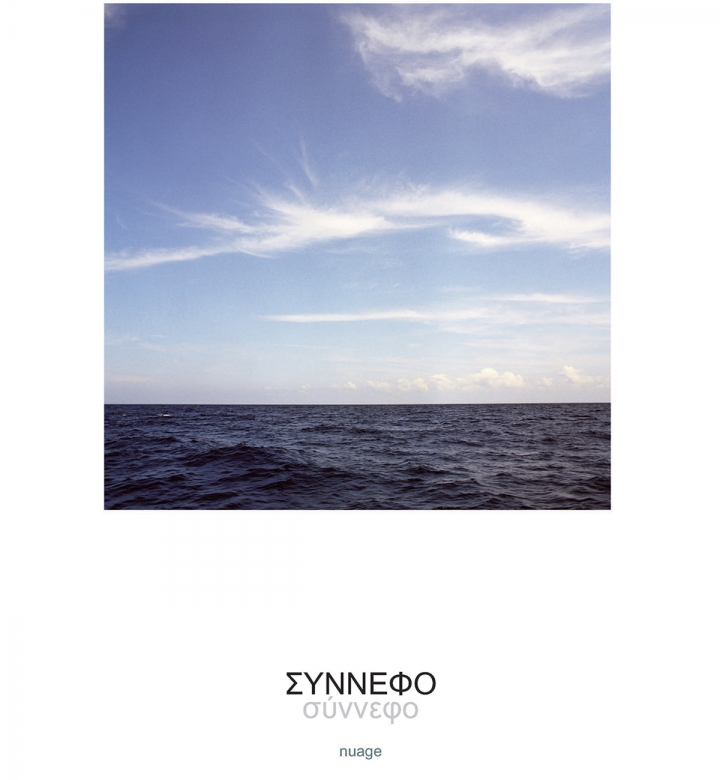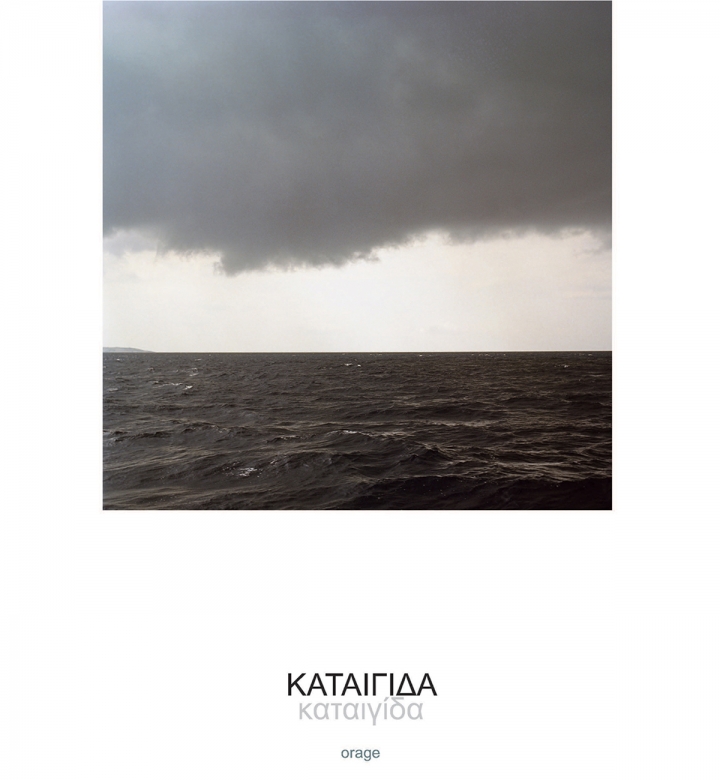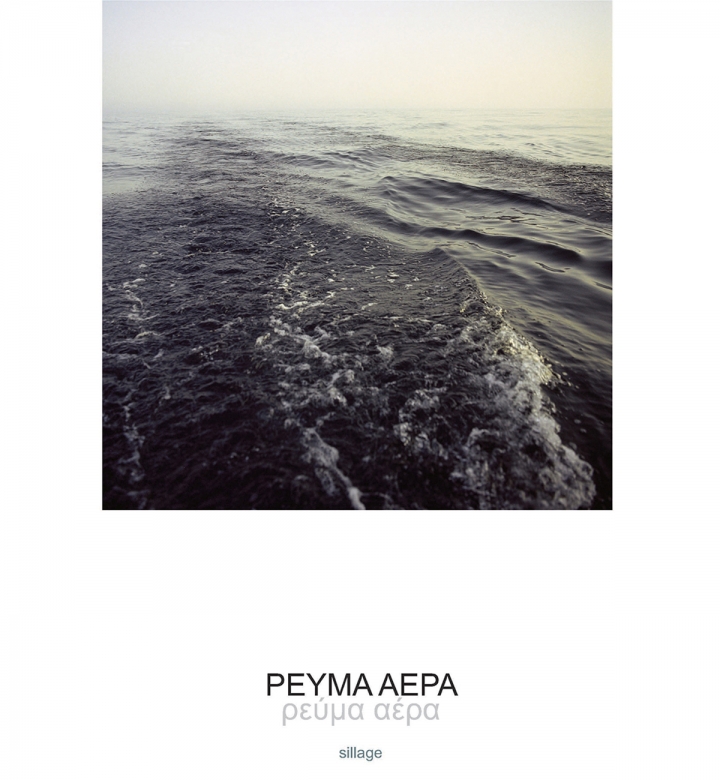«« But today, Odysseus must take real, rather than the sailor’s jacket, a dressing gown,
as was written long ago Giorgio Bergamini, and venture into the library as well as among the lost islands;
The modern Ulysses must be an expert to the remoteness of the myth
and exile of nature, an explorer of the absence and desertion of real life. »»
Pedrag Madvejevitch, Mediterranean Breviary.
In September, sailing from one island to another, under the sun, we approach the earth,
with, turn the story of Homer and in front of the coastline which runs above the water.
Like Ulysses, « I was looking without seeing and my eyes tired to search the misty recesses of the rock. » (Homère. Odyssey, XII, 233).
The vision in water level makes it difficult to reconnaissance,
a shelter here, there a password or the mouth of a canal.
The loneliness of a man, a rock or an island lost at sea, undergoing a violent storm
arising in the night, accept the « no wind » and deviate from our route,
here’s what I take from the Iliad and Odyssey and our journey at sea
The Epic of Ulysses is pending in the reverie of rocks, clouds and sea.
In parallel to the scientific work, so I chose to conduct further research on the landscape.
It seems relatively unchanged since antiquity and can be seen as the benchmark of a thousand-year history.
The result is a photographic route between land and sea, where the camera, like the Cyclops,
records the persistence of bitter immutable natural rocks, reefs, caves and cliffs, or the thread of water, one that separates out the stem of the boat which is tied again later in our wake..
